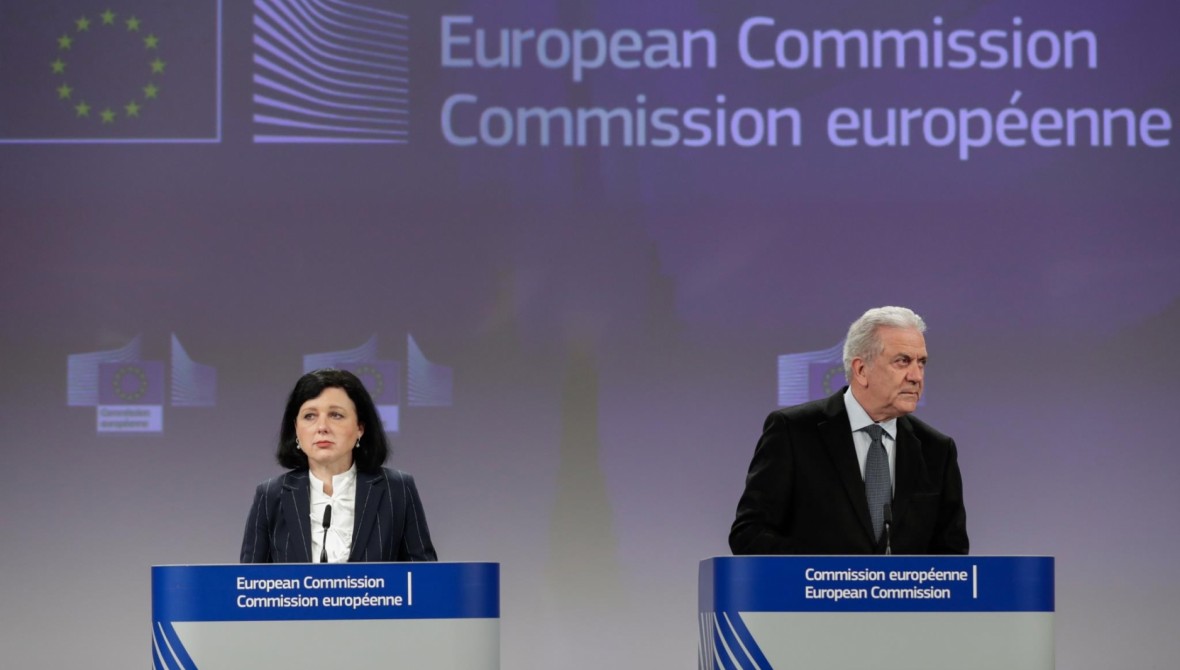
European Commission defends common rules for gold visas until the end of 2019

The European Commission is concerned about the risks of security, corruption, tax evasion and money laundering associated with the different gold visa schemes organized by European Union member states, including Portugal. It will, therefore, set up a working group to "promote transparency, governance and security" of such programs by establishing a list of common rules and additional security measures to be implemented by national authorities granting residence and citizenship in exchange for investment until the end of 2019.
Although not one of the schemes that merit further criticism of Brussels, the report released by the Commission identifies several shortcomings in the Residence Permit for Investment Activity program in Portugal, which between October 2012 and 31 December 2018 had 6962 beneficiaries. Under the scheme of family reunions, 11,815 other residence permits were granted to family members.
For Brussels, one of the problems of the Portuguese program has to do with the fact that there is no obligation to remain in the country for a long time after the granting of the gold visa: the beneficiaries need only demonstrate that they spent seven days of the year in Portugal. Another weakness pointed out has to do with the criteria of scrutiny in Portuguese legislation that regulates the attribution of gold visas, particularly on the origin of money channelled for investments in the country.
This article is an abbreviated version of the original. To read the full article, click here.
